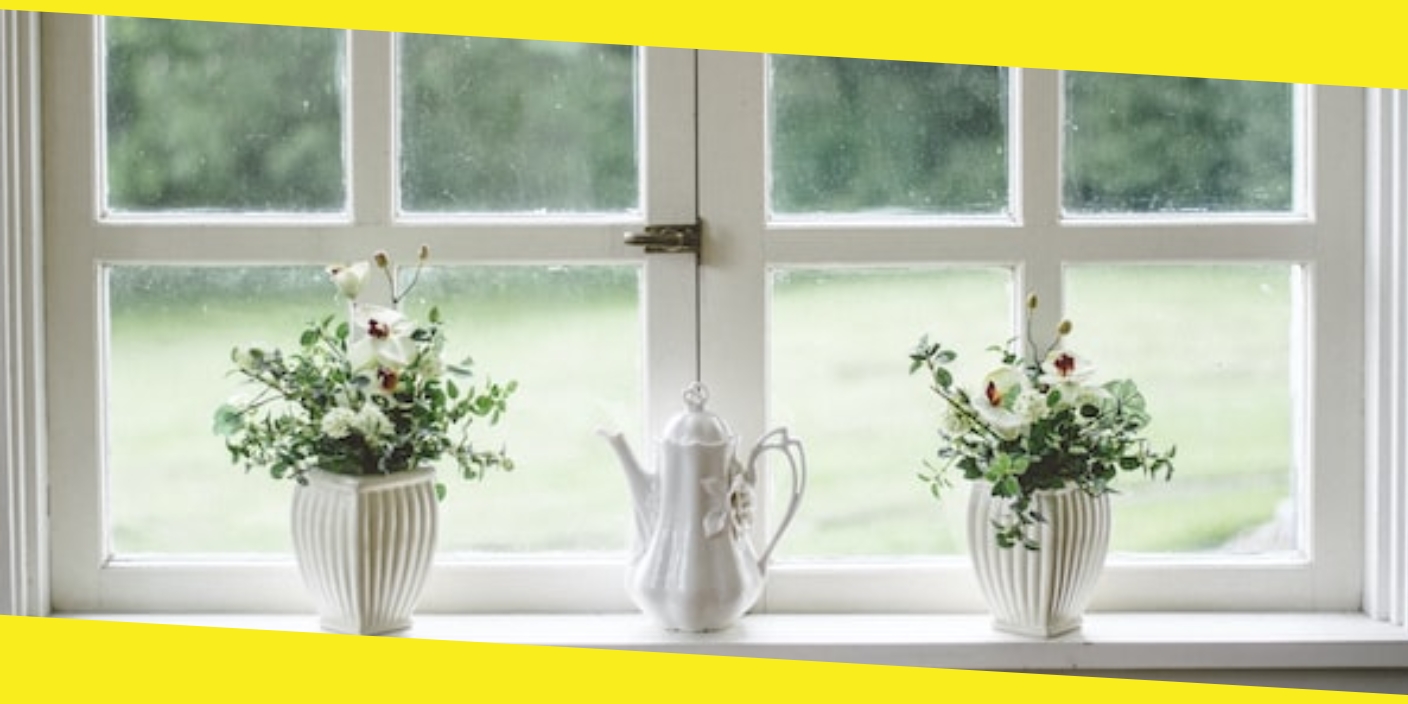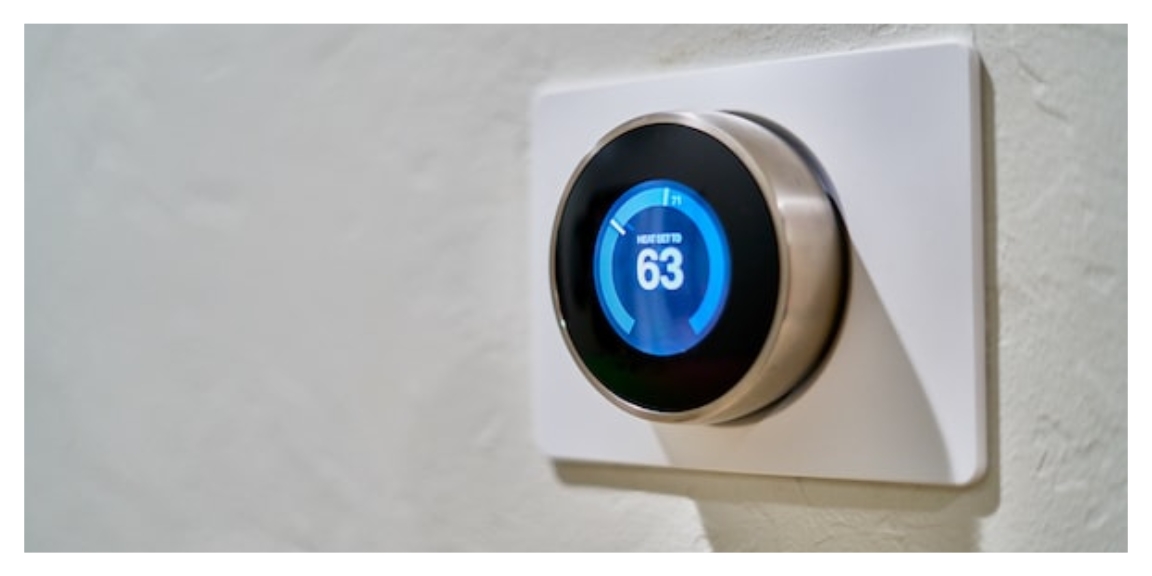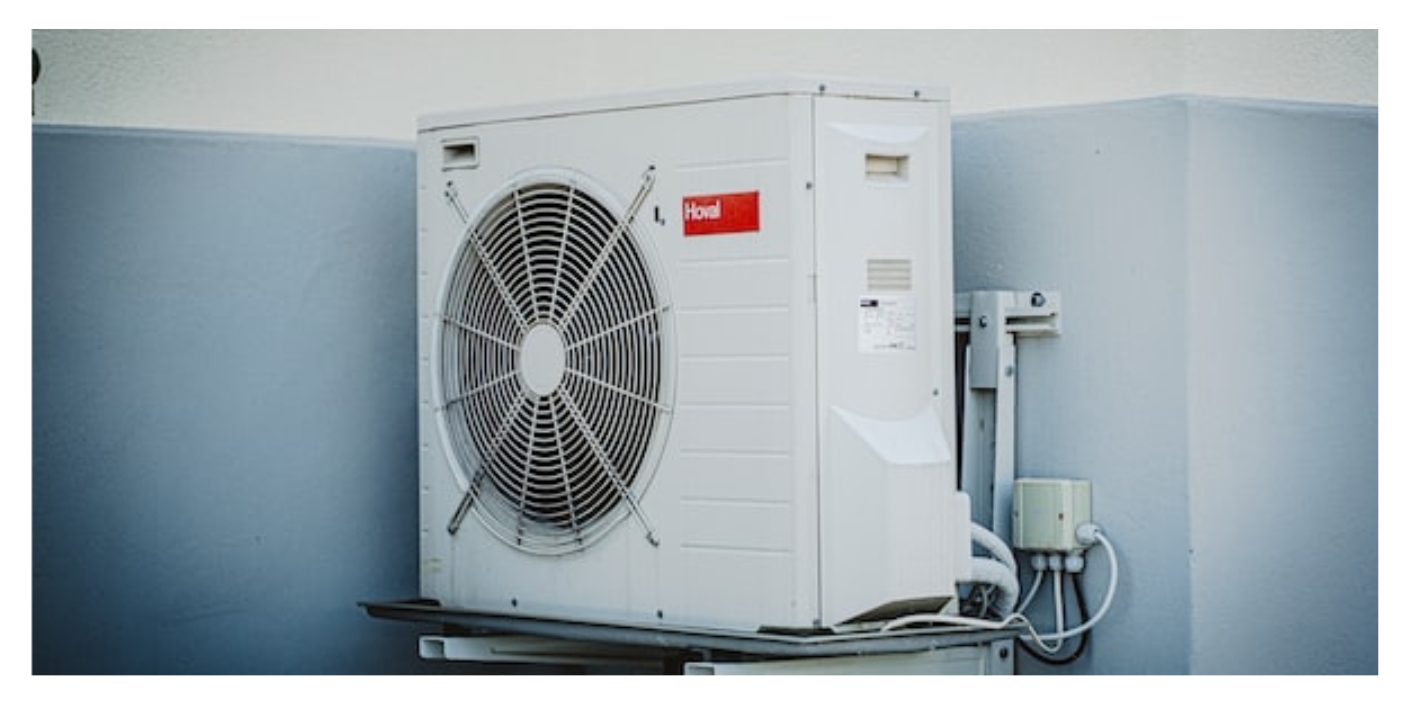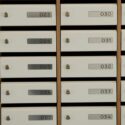Common Causes for Heating System Breakdowns

Is your home not as warm as it should be? If your heat isn’t working, you may be wondering what the cause could be. Common causes of poor heating can range from heat loss through old windows to something more complex such as a malfunctioning blower motor. If you find yourself saying the heating is not working in my home, there are several areas you might consider. Keep reading to learn more.
Heat Loss
Leaky ductwork and old windows are two of the most common causes of heat loss in homes. Leaky ductwork can allow air to escape through cracks or openings in the air ducts, leading to the loss of heated air that would otherwise have been used to warm the house. If the ducts are not sealed correctly, outside air can enter the system and reduce the overall efficiency of the heating system.
Old windows can also be a source of heat loss in a home. This is because older windows often don’t have the same level of insulation as newer ones. The frame material of older windows can be a source of heat loss, as well as glass. In addition, the seals around the windows can be worn out or broken, allowing cold air to get in and warm air to escape. The result is a decrease in the efficiency of the heating system and an overall decrease in the temperature of the house.
Malfunctioning Thermostat

One of the most common causes for heat not working is a malfunctioning home thermostat. A thermostat is a device used to regulate and control the temperature within your home. It senses the temperature of the air within the home and can be set to a specific temperature. When the temperature reaches the set point, the thermostat will switch on the heating system. If the thermostat malfunctions, it will not be able to read the temperature accurately and, therefore, will not switch on the heating system, resulting in no heat.
There are several potential causes for a malfunctioning thermostat. One of the most common causes is a dead battery. If the thermostat uses batteries, then the batteries can become depleted over time, which will cause the device to not function properly. Another common cause is a loose or disconnected wire. If the wiring is loose, then it will not be able to accurately read the temperature and will not switch on the heating system. Finally, a thermostat can malfunction if it is set incorrectly. If the thermostat is set too low, it will not reach the temperature required to switch on the heating system.
Clogged Air Filter
One of the most common causes for your heat not working is a clogged air filter. This can be caused by a variety of things, including dust and pet hair. When the air filter becomes clogged, it restricts the airflow to the heater, preventing it from functioning properly. This can lead to poor indoor air quality, decreased fuel efficiency, poor performance, and even complete failure of the heating system. Most HVAC professionals suggest that you change out your air filters at least every 90 days.
Equipment Malfunction

Equipment malfunction can be caused by a number of different issues, including poor maintenance, a mechanical failure, or a power outage. Poor maintenance can be caused by a lack of regular cleaning or servicing of the heating system, which can cause dust and dirt to build up on the system, leading to a decrease in efficiency of the system. Mechanical failure is another common cause of equipment malfunction, and this can happen due to a variety of reasons, such as a broken part, worn-out components, or improper installation. Power outages can also lead to heat not working, as the system can be affected by power loss.
Overall, common causes for home heating not working are important to diagnose and repair as soon as possible in order to ensure a safe and comfortable living environment. Failure to do so can result in uncomfortable indoor temperatures and costly repairs.
Recommended For You
Help Beat the Winter Bugs in Your Office
Most Inside
Most Inside offers high-quality recommendations and valuable updates to enhance all aspects of your life, providing premium guidance and enriching experiences.




